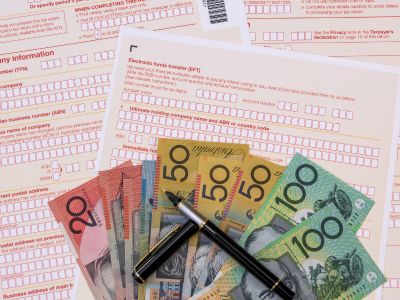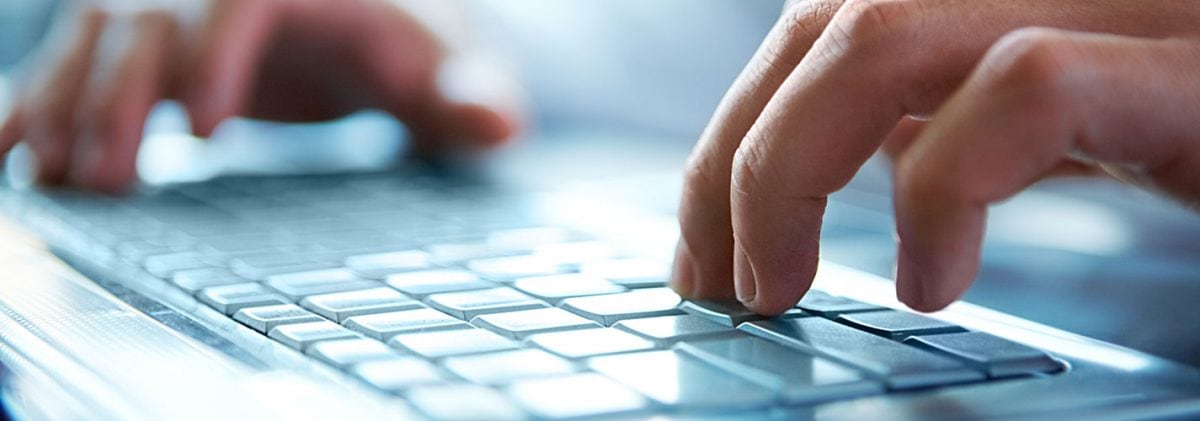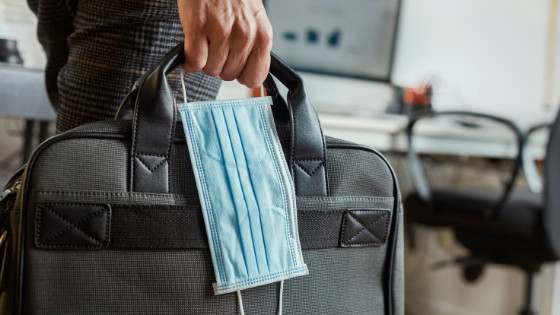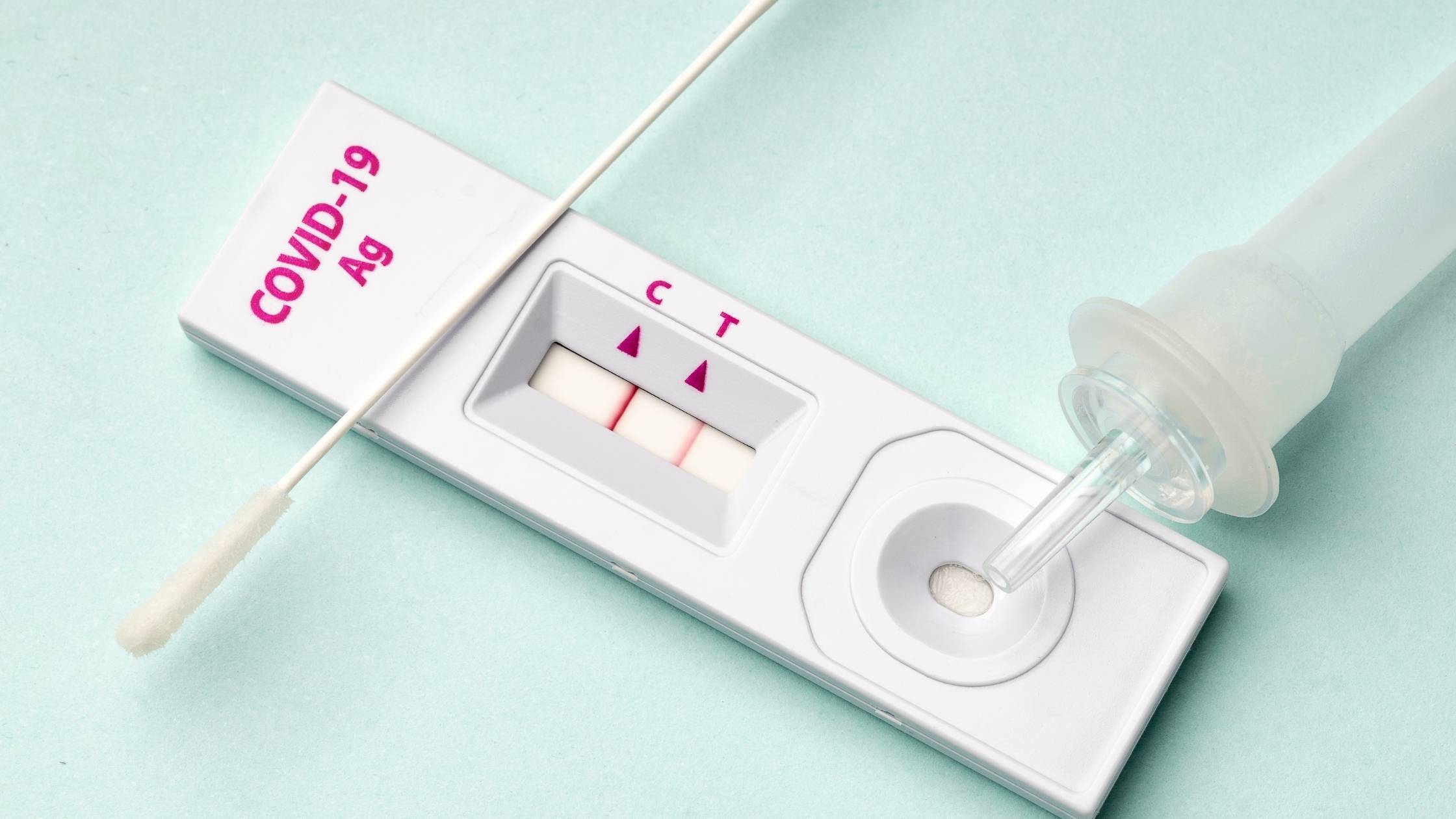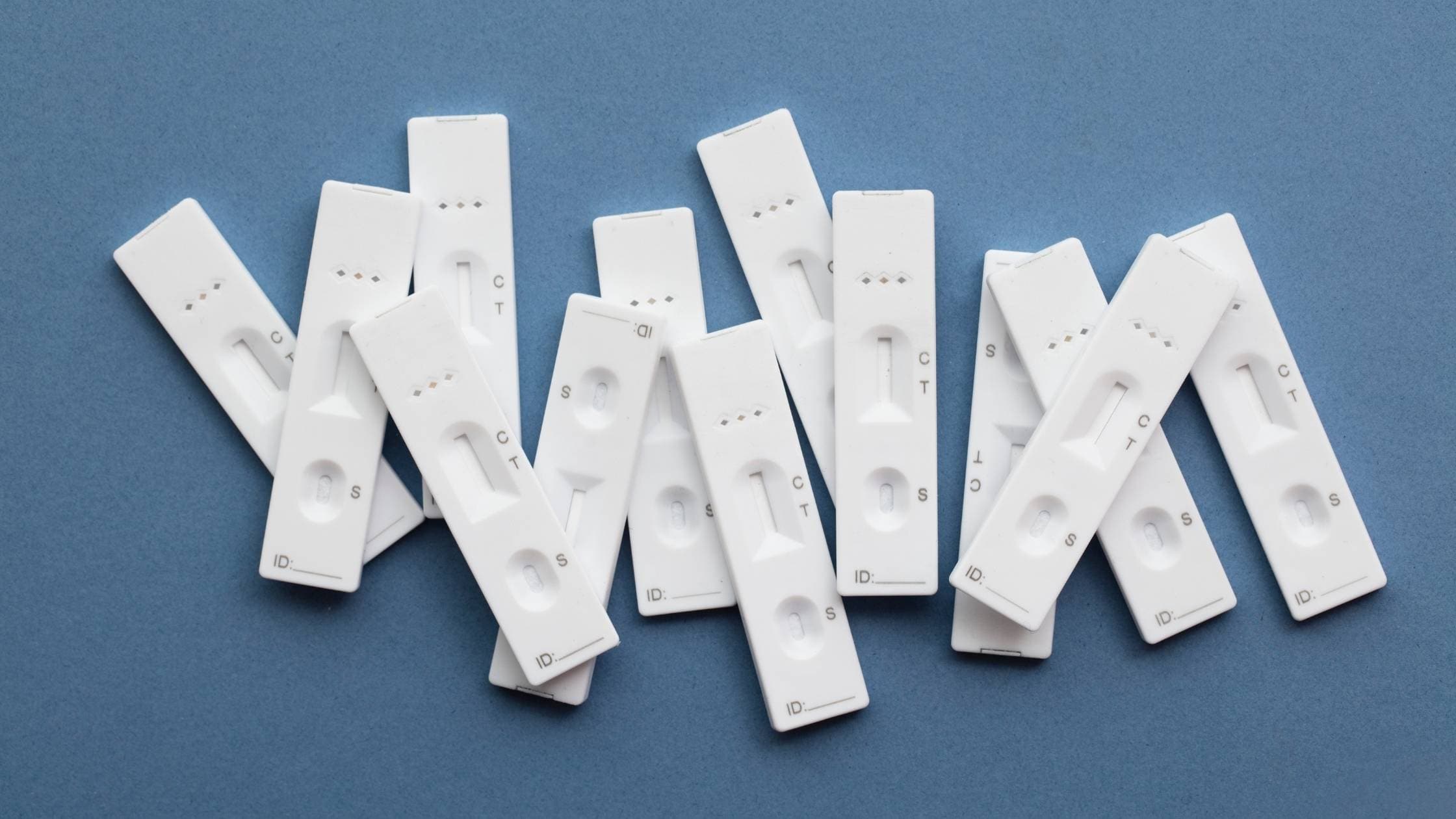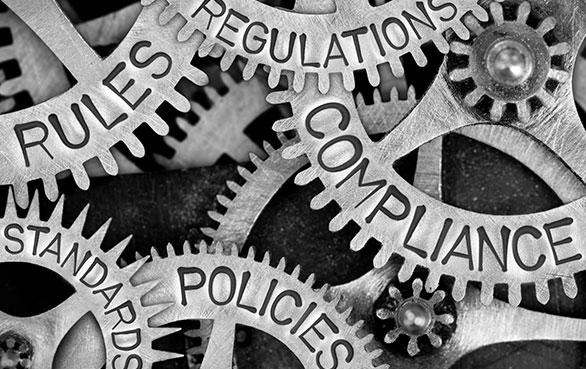The five types of business debt at the top of the tax office’s watchlist
The Australian Taxation Office (ATO) has unveiled the top five categories of business debt that have captured its attention, signalling the end of the unprecedented leniency extended to late payers during the COVID-19 lockdowns.
Speaking at the Tax Institute Tax Summit in Melbourne, Vivek Chaudhary, the ATO’s deputy commissioner of lodge and pay, emphasised the necessity of offering substantial support to taxpayers, including small businesses, amidst lockdowns and stringent public health measures.
The ATO’s arsenal during the pandemic included payment plans, deferred deadlines, waived penalties and interest, and the option to file without immediate payment, all aimed at aiding businesses during challenging times. Chaudhary acknowledged the positive outcomes of these measures but also pointed out their impact on payment behaviour, with an increasing number of businesses failing to meet tax deadlines compared to the pre-pandemic period.
Chaudhary identified five priority payment categories where the ATO’s renewed focus will be most evident:
- Topping the list is the unpaid Superannuation Guarantee Charge (SGC), a penalty imposed on businesses that fail to fulfil their Superannuation Guarantee obligations. Notably, small businesses owe the majority of this debt, totalling $1.8 billion. To ensure compliance, the ATO has equipped itself with tools such as garnishee notices, payment directives, Director Penalty Notices, and potential legal actions to secure SGC payments.
- Chaudhary expressed concerns about new self-assessed debts raised by employers, suggesting that taxpayers might be waiting for the ATO to prompt payment before taking action.
- Refund fraud remains a significant worry, with fraudsters siphoning billions of dollars from the tax system through counterfeit GST refunds.
- The ATO is also monitoring substantial aged debts exceeding $100,000, and
- Debts arising from audit actions initiated by the ATO. Chaudhary emphasised that while some audit adjustments stem from genuine errors, others result from negligence, recklessness, or deliberate attempts to evade tax payments, and such cases will receive no leniency, with heightened expectations for debt settlement.
Consequently, the ATO is reverting to its pre-pandemic compliance strategies to transition from the COVID-induced payment culture to a more standard payment approach. ATO commissioner Chris Jordan revealed that the ATO is pursuing approximately $50.2 billion in collectable debt, with small businesses accountable for over $33 billion of this total.
Read the full speech Addressing collectable tax debt – Tax Institute’s Tax Summit 2023 here »

